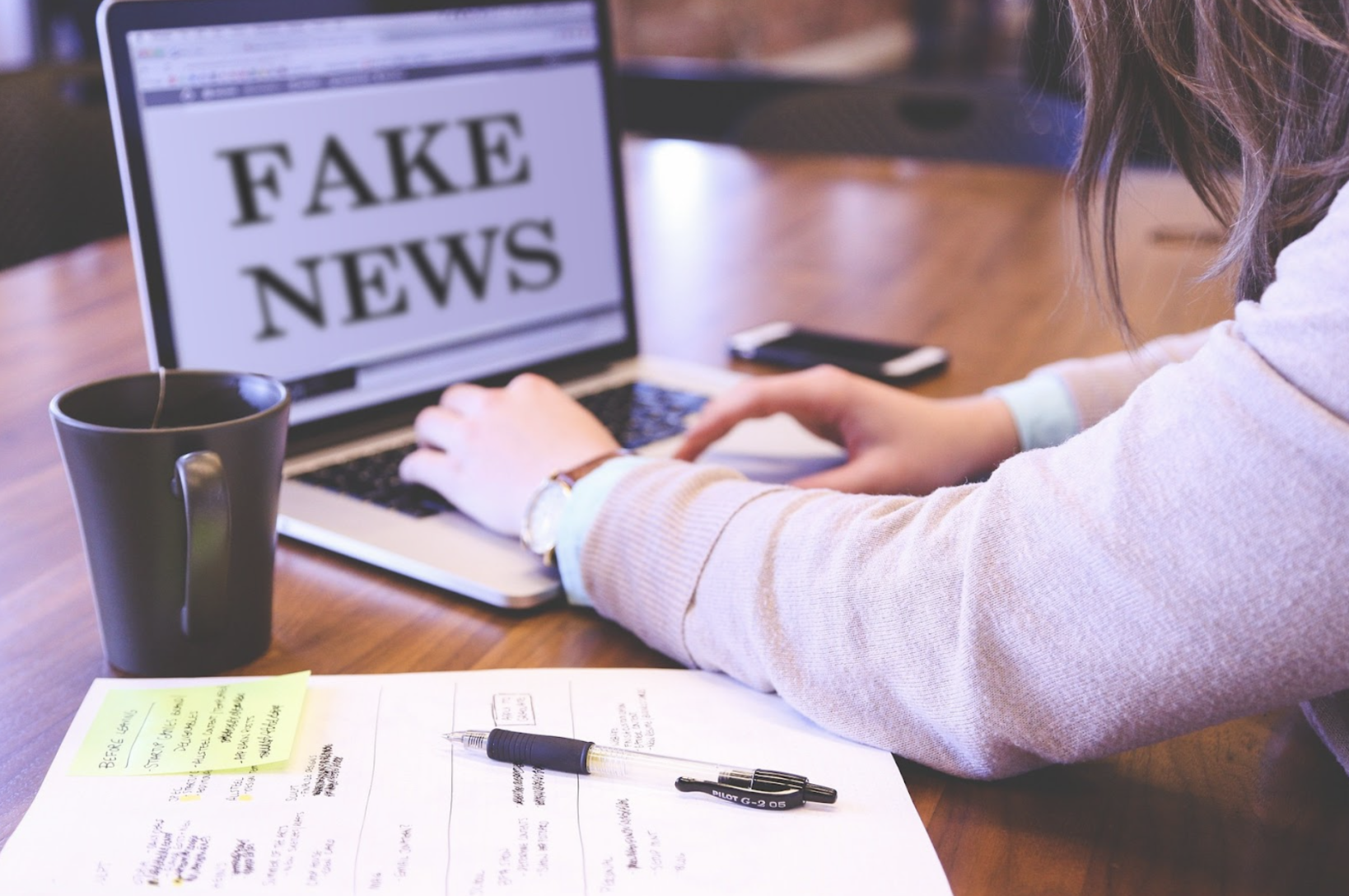
[객원 에디터 3기 / 한동민 기자] Anti-vax attitudes against the Covid-19 pandemic have been on the rise since 2020 in France, driven by misinformation and illegitimate medical evidence and spread through social media platforms. Rumors claiming that Covid-19 vaccines have killed millions of people incite false fear and alarm across the population. Tedros Ghebreyesus, director general of the WHO, has expressed serious concern with regards to the spread of such fake news at a foreign policy and security expert summit in Germany. There, he argued that as countries around the world continue to grapple with the pandemic, an emerging ‘infodemic’ is spreading “faster and more” than Covid-19 itself.
Indeed, misinformation extensively impacts the way people think and act during pandemic times. Gilles, a French citizen, stated that “[he doesn’t] think that anything could happen. …Maybe [he would] get symptoms of flu, but that’s very unlikely.” Though Covid-19 has been proven to exhibit high mortality rates, many citizens in Europe and globally continue to believe that the risks of vaccination outweigh those of infection.
Fake news in social media rose prominently during the 2016 US presidential election and redefined the structure of news reportage. Social media not only serves as an effective medium in spreading these ideas and information, but also lead to multiplicative effects. According to research conducted by Chen and Sharma in 2015, the “majority of FN is targeted to a specific sample of the population with the aim of promoting a certain ideology by stimulating strong beliefs and polarizing society.”
Indeed, this situation is not specific to Covid-19. The propagation of fake news with regards to topics of the likes of human evolution and climate change have been propelled by misguided scientific, political, and belief-oriented information. Yet, as society continues to engage with, debate, and promote such content, identifying fake news is becoming an increasingly serious concern and challenge even for researchers.
However, there is still hope that the trend in rising fake news can be reversed. An anonymous Parisian who goes by the name of Marie runs a group of volunteers distributing pro-vaccine messages online. Her SNS account has gained a significant number of followers who are exposed to accurate vaccine-related information and asked to persuade others to get vaccinated as well.
Likewise, there are many campaigns and organizations that are protesting against the rise of fake news. It is really important for people to become more engaged in combating false information. For one, social media platforms must increase investments in fact-checking mechanisms and managing the distribution of potentially harmful fake information. Users themselves can also adopt fact checking and verification tools to engage with information in a more objective and informed manner.
Sources: Link Springer, BBC, New York Times





